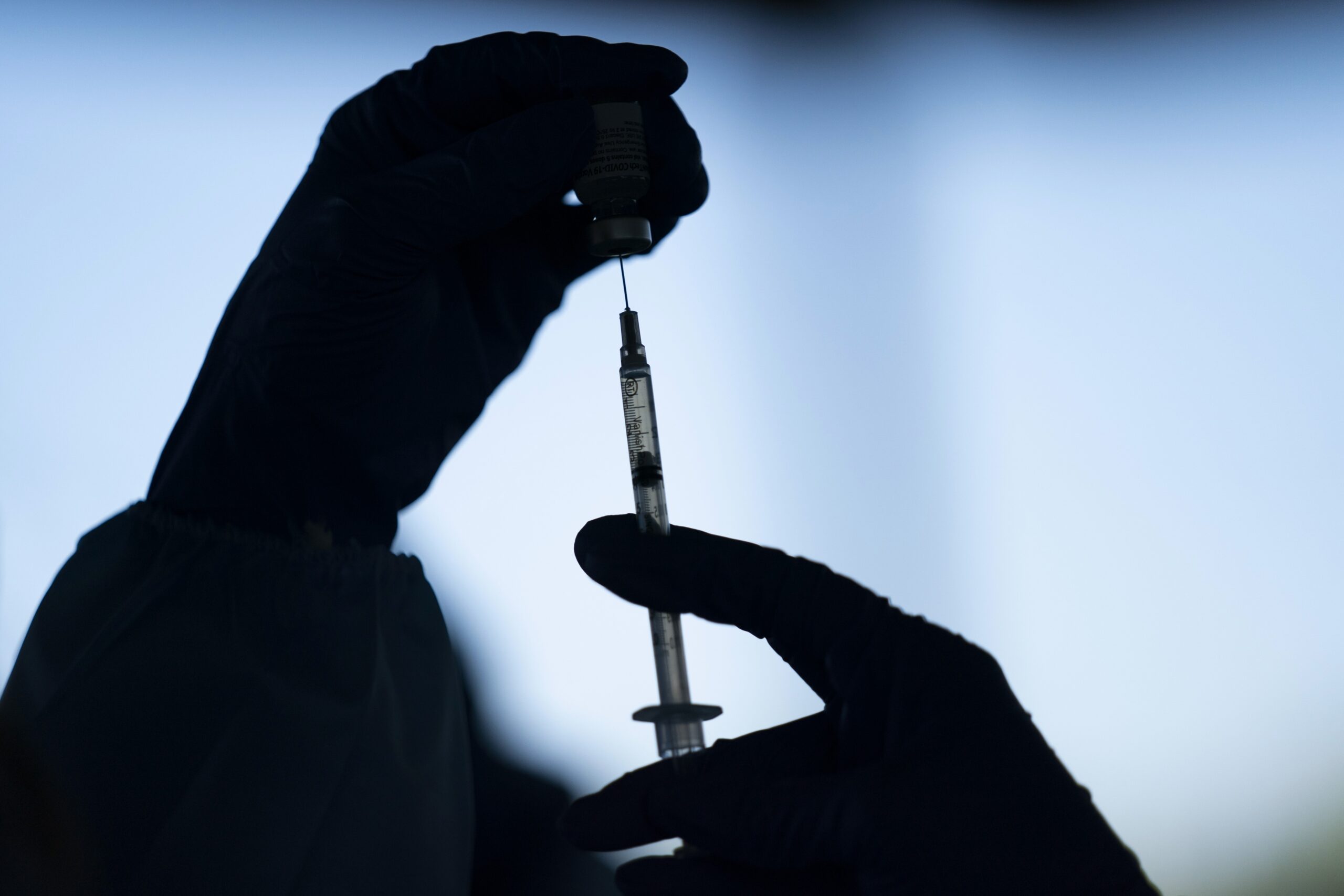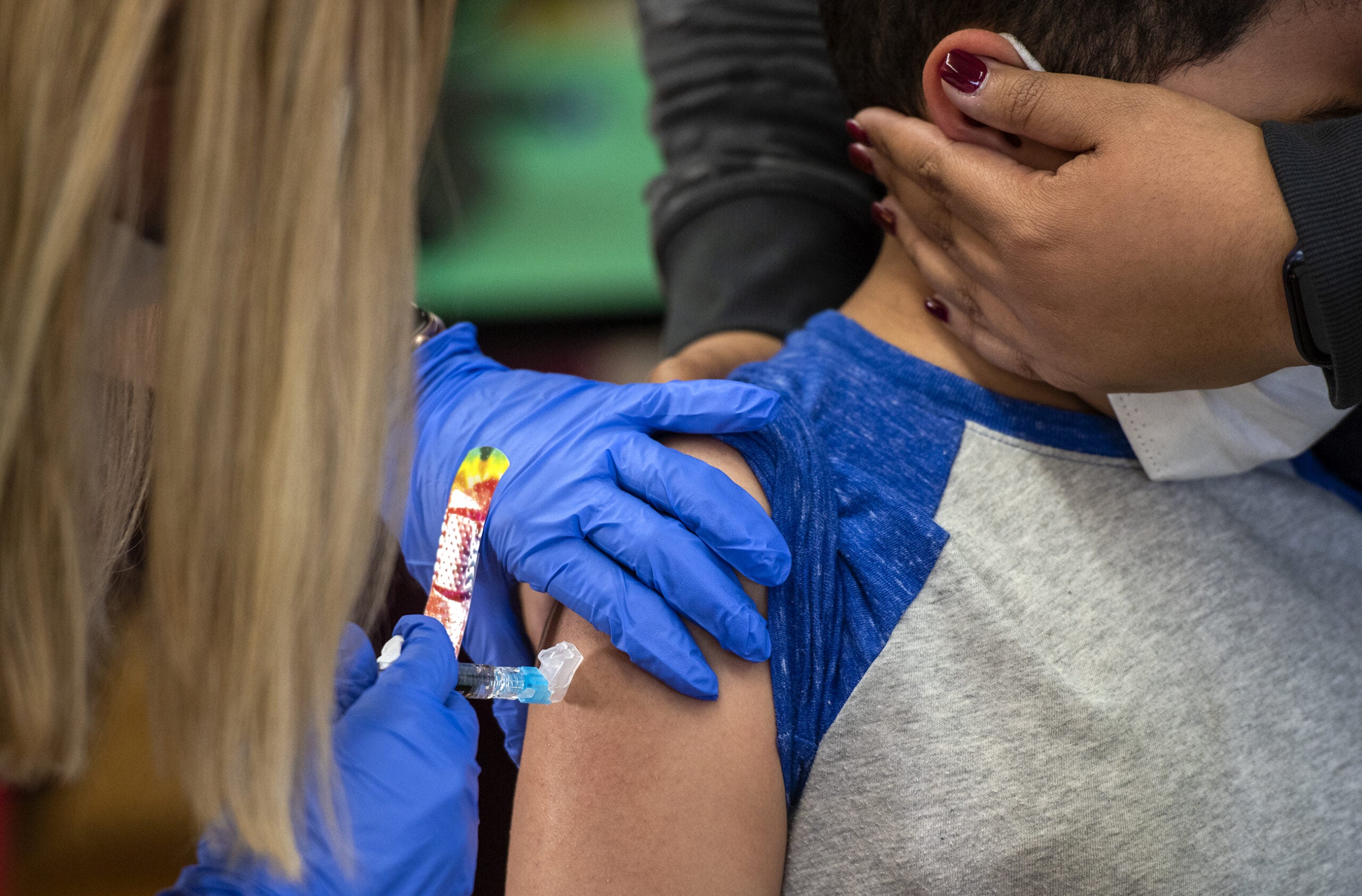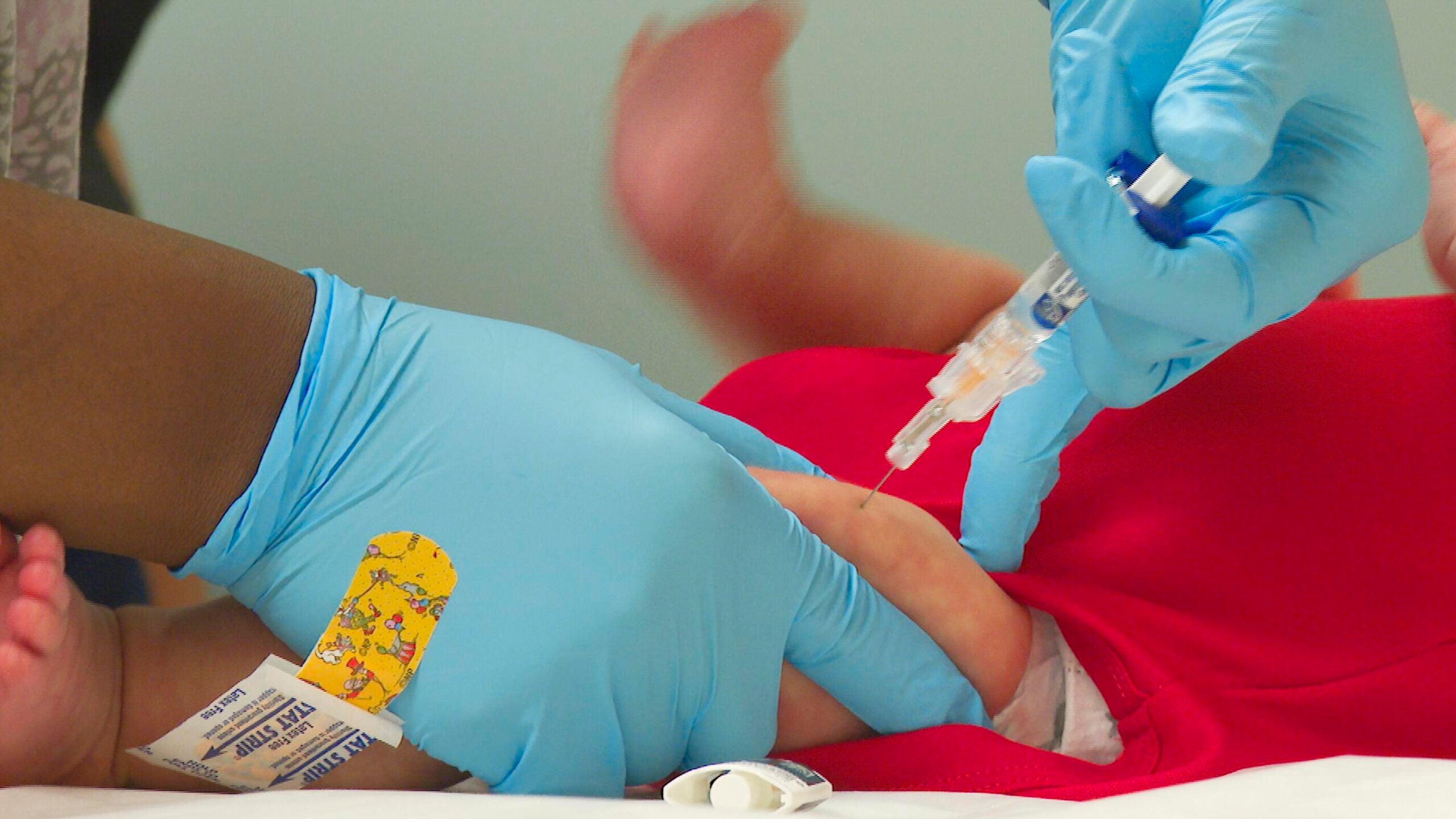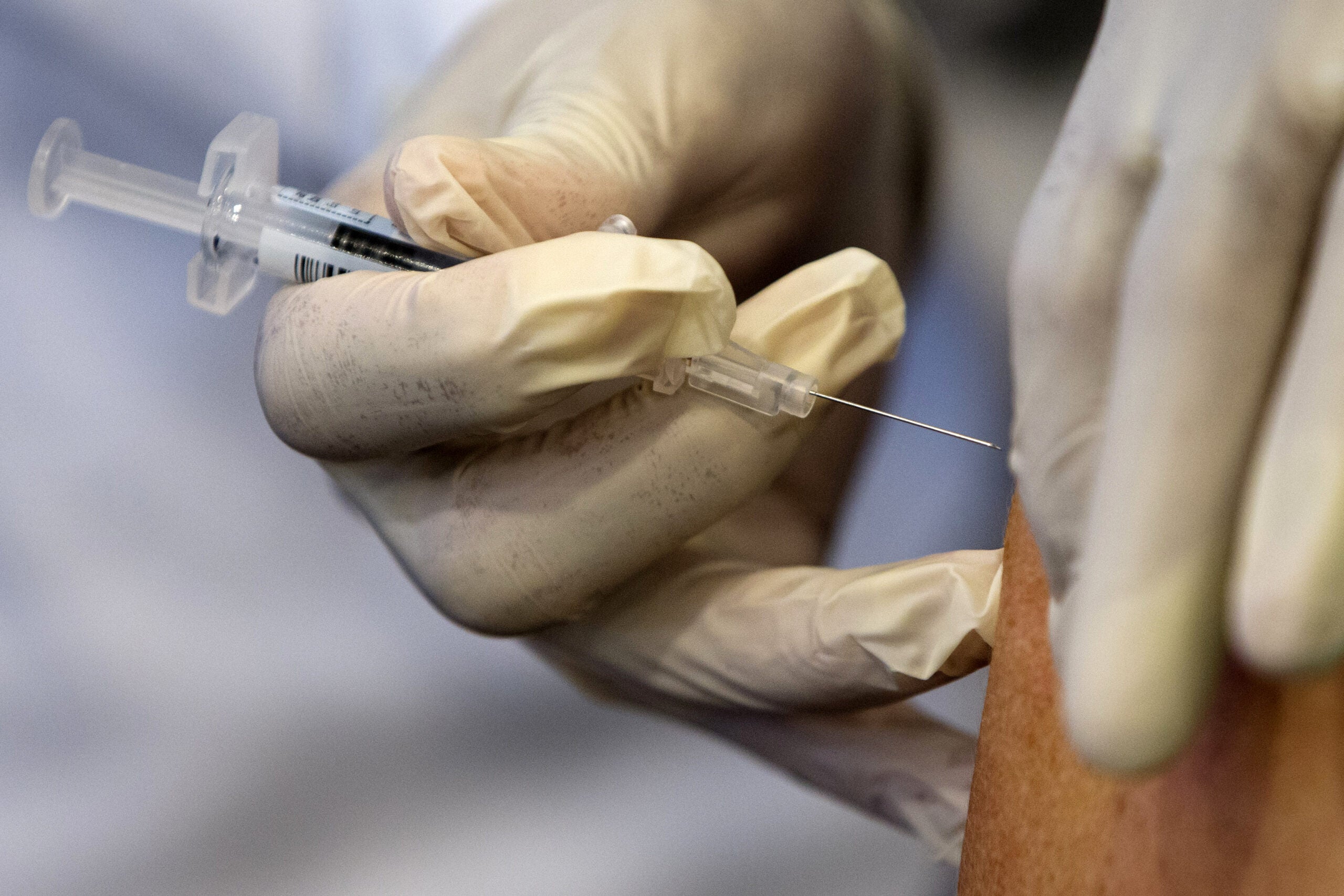The Wisconsin Department of Health Services is out with guidelines on which groups should be included in the next phase of COVID-19 shots — known as phase 1b. The recommendations include essential workers needed during the pandemic who provide services like food, child care, education and transportation.
The guidelines also include those in congregate living situations where spread of the disease can be harder to control, such as homeless shelters, prisons and group homes for older adults or those with disabilities.
Currently, the state is allowing the vaccination of frontline health care workers and those in nursing homes and assisted living facilities. It has also given the go-ahead for firefighters, police and those 65 and older to get COVID-19 shots.
News with a little more humanity
WPR’s “Wisconsin Today” newsletter keeps you connected to the state you love without feeling overwhelmed. No paywall. No agenda. No corporate filter.
Those being prioritized are consistent with the recommendations made from the State Disaster Medical Assistance Committee last week, DHS said in a press release.
Those able to receive the vaccine now, and those who will be eligible next include:
Currently eligible populations:
- Frontline health care personnel
- Residents in skilled nursing and long-term care facilities
- Police and fire personnel, correctional staff
- Adults ages 65 and older
Next eligible groups:
- Education and child care
- Individuals enrolled in Medicaid long-term care programs
- Some public-facing essential workers (including 911 operators, and those working in utility and communications infrastructure, public transit, and the food supply chain)
- Non-frontline health care essential personnel
- Facility staff and residents in congregate living settings
DHS officials say those in phase 1b could begin receiving shots March 1, depending on the state’s supply of doses from the federal government.
But DHS interim Secretary Karen Timberlake warned it will take “considerable time until we have enough vaccine for everyone.”
“Until then, we have tools available right now to help slow the spread. By continuing to stay home, wearing a mask, physical distancing, and quarantining if you are feeling ill — you are helping to protect yourself and your neighbors. And these practices are critical to our vaccination program,” Timberlake said.
Groups not included in the second phase of vaccinations are people younger than 65 with chronic health conditions and manufacturing workers. Wisconsin Manufacturers and Commerce, the state’s largest business group, asked state health officials to be given priority and expressed disappointment prisoners were included while manufacturing was not.
The State Disaster Medical Advisory Committee had recommended state officials include prisoners for early vaccination along with those living in employer based housing to reduce outbreaks, noting they don’t have the ability to lessen their exposure.
According to DHS, 362,505 doses of the vaccine have been administered, and 69,077 people have received both shots, completing the vaccination series.
Wisconsin Public Radio, © Copyright 2025, Board of Regents of the University of Wisconsin System and Wisconsin Educational Communications Board.







